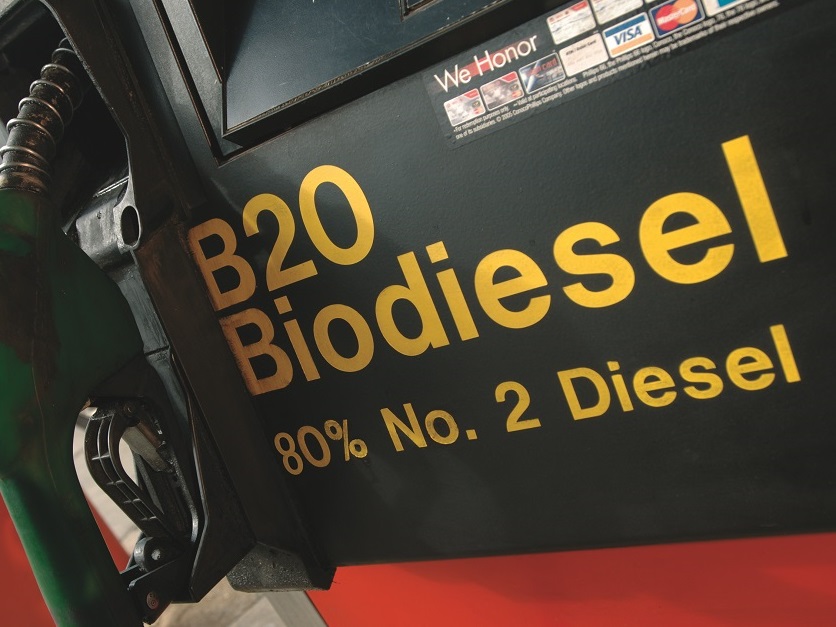WASHINGTON, March 29, 2017 - The head of a national ethanol advocacy group says a "fly-in" of more than 70 members into Washington, D.C., last week netted significantly positive response from lawmakers to pending legislation that would boost the sale of E15 (15-percent ethanol) blends of gasoline.
Brian Jennings, executive vice president of the American Coalition for Ethanol (ACE), and dozens of ethanol retailers, ethanol producers, investors, corn growers, service and product providers converged on Capitol Hill and pressed members of Congress to co-sponsor bipartisan Senate and House bills (S. 517, H.R. 1311) that would extend Reid vapor pressure (RVP) relief to E15 to allow its use year-round.
The Clean Air Act limits the volatility of gasoline, as measured by RVP, to nine pounds per square inch (psi) from June 1 through September 15 of each year. In 1989, EPA adopted an interim 1-psi RVP 'waiver' for gasoline blends containing ten-percent ethanol (E10), and the waiver was later codified through amendments to the Clean Air Act in 1990.
EPA has denied repeated industry requests to eliminate the restriction or, at the very least, grant the same 1-psi waiver to gasoline blends that contain more than ten percent ethanol, such as E15, despite longtime research that shows E15 has fewer emissions than E10.
The ethanol industry has contended EPA has the authority to grant the relief, but the agency argues that it can only do so with the specific authority from Congress.
Jennings said more than 120 meetings were held with lawmakers, staff and regulators during the group's ninth annual fly-in, and ACE members found that there is more awareness on Capitol Hill about ethanol and the Renewable Fuel Standard, which sets biofuel blending requirements in the nation's transportation fuel supply.
He said a handful of retailers, including representation from Jetz Convenience Centers, Cresco Fast Stop, Midway Service, Good and Quick, Sheetz, and Propel Fuels offered lawmakers real-life examples of the importance of the RFS and RVP regulatory relief.
Vendors have long complained that they are forced to find specially tailored low-RVP gasoline blendstock to make E15 in the summertime, or avoid selling the blended fuel altogether, with neither option practical or economical for them and their customers, they say.
"We’re encouraged by our meetings because there seemed to be growing support for RVP legislation, even with members of Congress from outside the Corn Belt," Jennings said. "When you explain to them that retailers aren't allowed to sell E15 in the summer months, even though E15 has lower evaporative emissions than [gasoline] and E10, they see this as a problem that needs to be fixed, whether Congress takes that step or EPA decides they can do it on their own."
The ACE executive was also optimistic about support for an RVP change from the White House, noting that the election of Donald Trump as president and his regulatory reform agenda was like "hitting the refresh button" for the biofuels industry.
The group was assured of the general support of the industry from the Trump administration, when, during an evening reception, Eric Branstad, senior White House Advisor to the Department of Commerce and the son of Iowa Gov. Terry Branstad, told them, "At the end of the day, you have the White House and the President's support because you’ve earned it."
Branstad, whose father was a former chairman of the National Governors' Biofuel Coalition and is Trump's nominee for ambassador to China, told the ACE contingent, "I want to make sure Washington, D.C., is educated on ethanol and it's so important that you share that message."
#30

